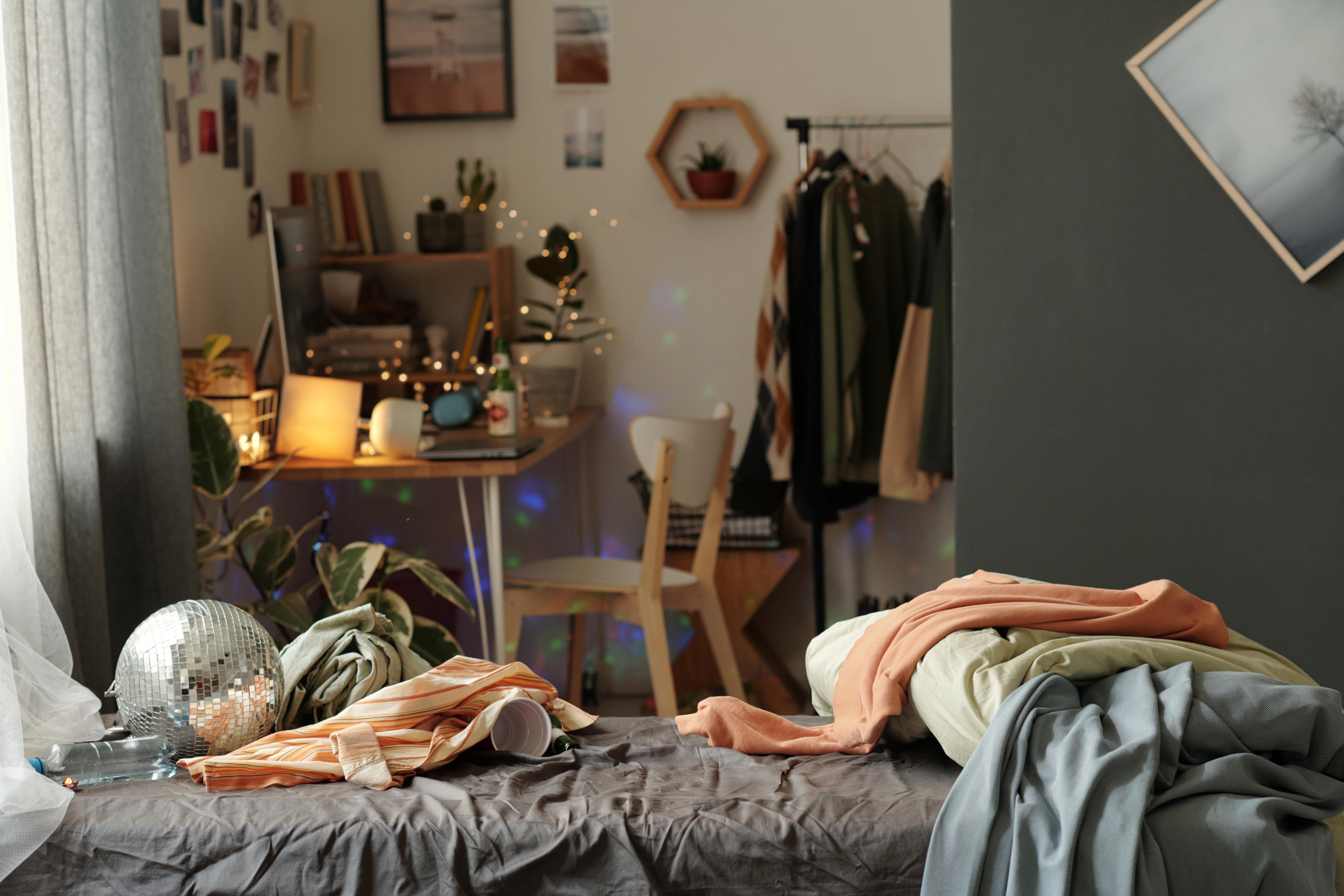How Clutter Impacts Your Mood
In the bustling rhythm of modern life, clutter often goes unnoticed, yet it wields a profound influence on our emotional wellbeing. This article delves into the subtle ways clutter can steer our emotions, offering 10 mood-altering revelations that highlight the intricate relationship between our environment and our mental state. From the chaos of physical disarray to the psychological burden of digital overload, clutter manifests in various forms, each leaving a unique imprint on our psyche. By understanding these influences, we can better navigate our surroundings and cultivate spaces that nurture rather than hinder our emotional health.
1. The Overwhelming Weight of Visual Clutter
Visual clutter, the accumulation of items within our line of sight, can lead to sensory overload, affecting our ability to focus and process information. Studies have shown that environments cluttered with unnecessary objects can increase stress levels and decrease productivity. This visual chaos competes for our attention, making it difficult to concentrate on tasks at hand. The brain, overwhelmed by too much stimuli, can struggle to prioritize, leading to feelings of frustration and anxiety. By simplifying our visual environment, we can foster a sense of calm and clarity, enhancing our overall emotional state.
2. The Emotional Toll of Sentimental Clutter

Sentimental clutter, or items kept for emotional reasons, can evoke powerful memories and emotions, both positive and negative. While these objects can provide comfort and a sense of identity, they can also anchor us to the past, hindering emotional growth. Holding onto items associated with unresolved feelings or past traumas can perpetuate negative emotions such as sadness or regret. It's essential to strike a balance between cherishing meaningful memories and allowing space for new experiences. By consciously curating sentimental items, we can maintain a connection to our past without being overwhelmed by it.
